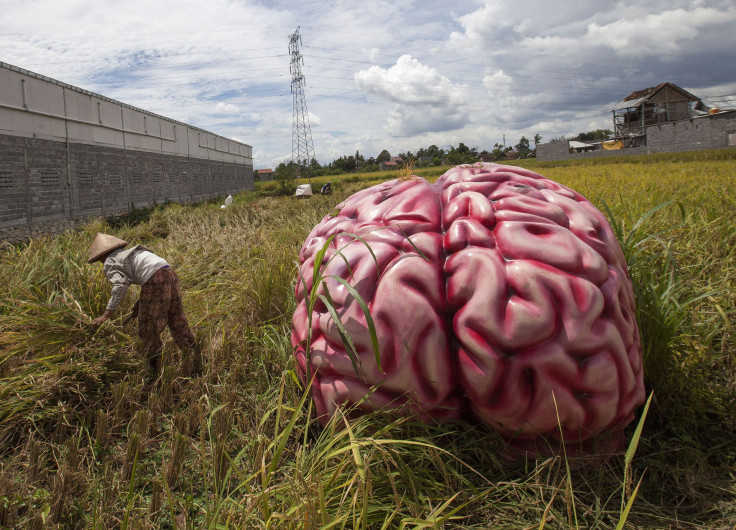Scientists discover way to create permanent memories

A study conducted at the University of Sussex suggests that revising information after acquiring it might be all that is required to create lasting memories. Scientists have discovered that the area of the brain activated while establishing information is the same as the one activated while rehearsing that memory. The study has been published in the Journal of Neuroscience on Oct 27.
The study showed that the posterior cingulate, a region of the brain that shows damage in Alzheimer’s patients, plays a major role in the creation of permanent memories. The region helps in recalling intricate details of an episode as well as binding the memory into our understanding and knowledge, proofing it against forgetting.
Research participants were shown 26 short clips of 40 seconds taken from Youtube – each with a narrative element. A revision time of around 40 seconds was given to the participants to relate the details of the video, either out loud or in their heads, for 20 videos. It was found that participants were able to recall even some of the intricate details of the video up to two weeks later, in cases where they had received revision time, whereas the non-rehearsed videos remained mostly forgotten.
Chris Bird, senior lecturer in psychology at the University of Sussex and lead researcher on the study, said, “We have also linked this rehearsal effect to processing in a particular part of the brain -- the posterior cingulate,” in a University of Sussex press release. “The findings have implications for any situation where accurate recall of an event is critical, such as witnessing an accident or crime. Memory for the event will be significantly improved if the witness rehearses the sequence of events as soon as possible afterwards.”
Contact the writer at feedback@ibtimes.com.au, or let us know what you think below




















